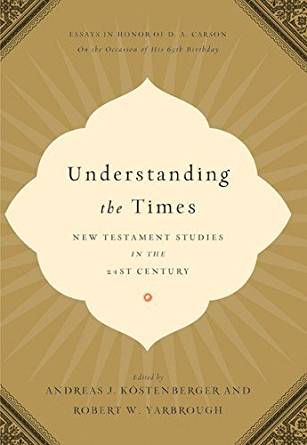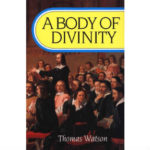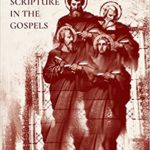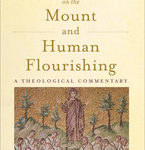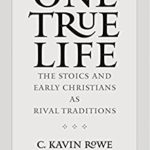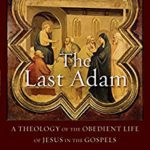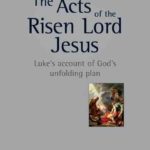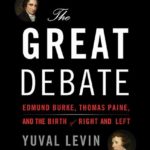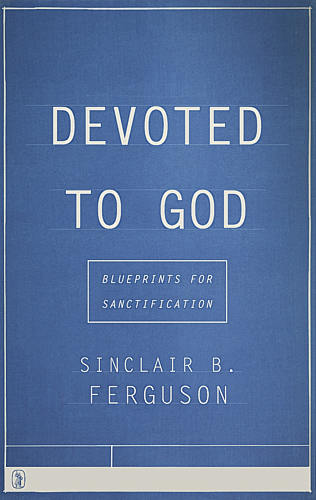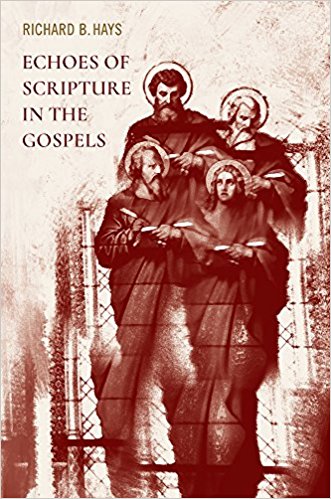Several years ago I posted a brief study about whether the baptism in Galatians 3:26-27 was Spirit baptism or water baptism. I concluded in favor of the former.
The key paragraph in that post is as follows:
Spirit baptism makes good sense in [Galatians 3:26]. In this context baptism is the proof that “Jew and Gentile, slave and free, male and female” are one in Christ through faith. Water baptism cannot serve as such a proof because, as Hunn notes, “it proves only that the baptizer found [these distinctions] irrelevant.” It does not provide a window into the mind of God. Spirit baptism, on the other hand, does provide such a proof. Indeed, this is Peter’s argument for accepting the Gentiles into the church. The Spirit baptized them just as he had baptized the Jews (Acts 11:15-17). Hunn also observes that Galatians 3:23-29 and 4:3-7 follow parallel lines of argumentation. In 3:27-28 the proof of sonship is baptism into Christ. In 4:6 the proof of sonship is the reception of the Spirit. This parallel indicates that Spirit baptism is in view in 3:27. Finally, 1 Corinthians 12:13 forms a close parallel to Galatians 3:27. In both passages there is baptism into Christ. In both there is the indication that this the case whether the person is Jew or Gentile, slave or free. In 1 Corinthians 12:13 the baptism is clearly Spirit baptism: “For [in] one Spirit we were all baptized into one body.” This confirms that the baptism in view in Galatians 3:27 is Spirit baptism.
See the full post here.

